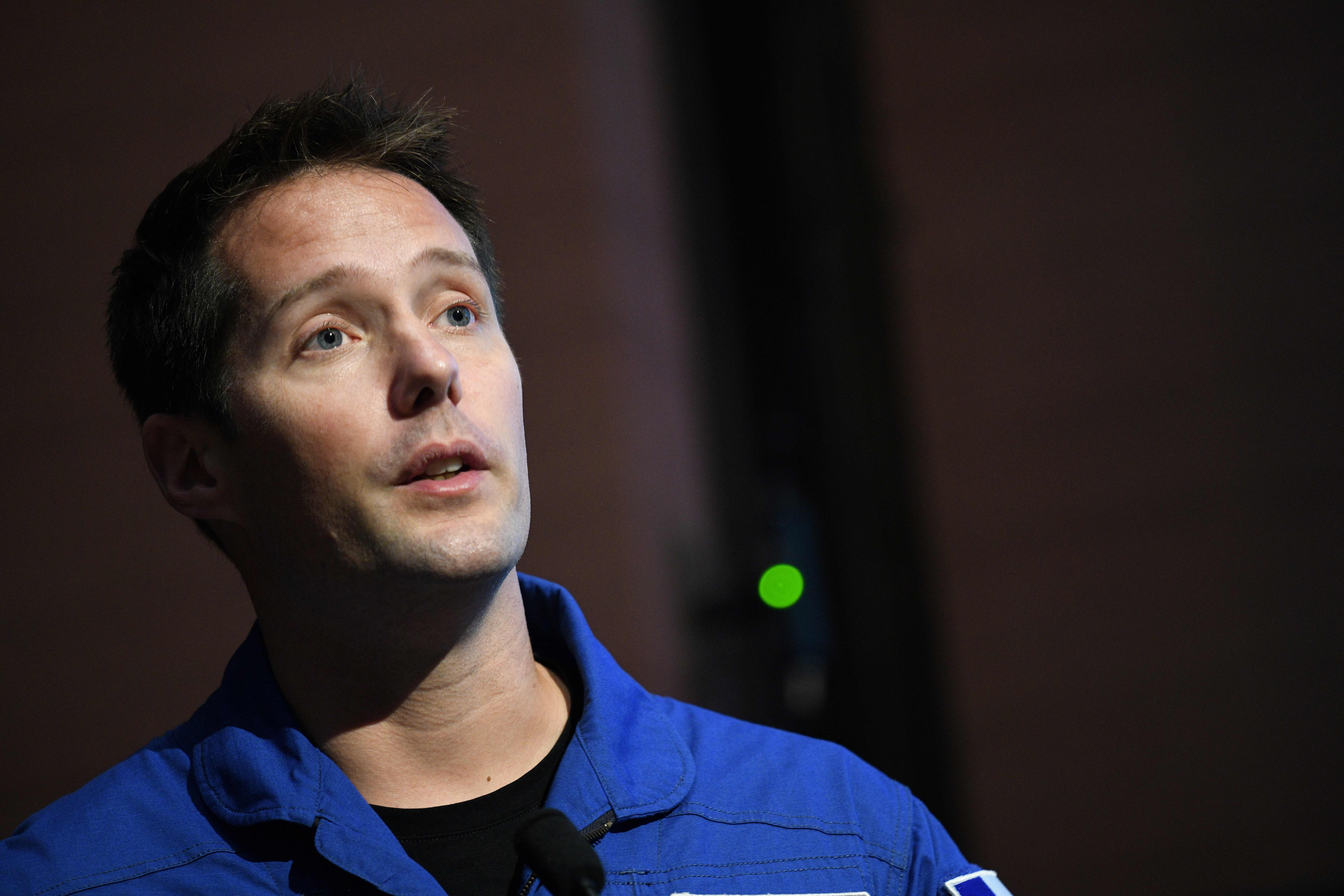[ad_1]

French astronaut Thomas Pesquet is something of a space pacifist, which puts him at odds with his country’s president, who has announced a series of measures to beef up France’s military heft in space.
Pesquet will be the first European astronaut to launch aboard a SpaceX rocket for his second trip to the International Space Station on April 22.
Instead of setting up military commands to defend assets in orbit — something the U.K. and the U.S. are doing, as well as France, to counter space powers like Russia, China and India — Pesquet wants countries to work through the U.N.
“We need to be really careful,” he told POLITICO’s EU Confidential podcast. “We’ve done that on the ground, we’ve drawn borders. But we shouldn’t repeat that in other places.”
France’s military space effort was announced in 2019 following accusations that Russia was snooping on government communication satellites.
The goal of France and other space powers is to protect the growing number of satellites. By 2025, France’s Toulouse-based space command should be staffed by 500 personnel.
“Space is the ultimate higher ground, and it’s been militarized in the 60s and 70s,” said Pesquet. “Now you see that trend again of nations wanting to defend their assets and their interests. It’s a little bit worrying for us.”
The French government in March launched a four-day training exercise called AsterX aimed at putting its fledging space service through everything from simulated anti-satellite attacks to collisions in orbit and solar meteorological phenomena. The project was named after the first French satellite launched in 1965, and is also a reference to the Asterix comics, the defense ministry said.
“It is not at all about having offensive designs in space, but it is truly a defensive goal,” an Elysée adviser said. “This kind of exercise also has deterrence value … by letting it be known to powers that might be tempted to carry out such actions.”
Still, there’s a danger of escalation.
“There is a risk this could slip into open offensive conflict, but much will be determined on the exact nature of the capabilities intended to defend assets in orbit,” said Alexandra Stickings, a researcher at the Royal United Services Institute for Defence and Security Studies in London.
NATO has already designated space as its fifth theater of conflict. The alliance is setting up a space command in Germany aimed at countering threats to satellite infrastructure from the likes of China and Russia. The U.K. government staffed its own Space Command based in High Wycombe just north of London earlier this year.
The Elysée adviser said German liaison officers were cooperating on the AsterX effort, and that there’s a direct line of contact to the U.S. Space Command in Colorado. While the adviser wouldn’t be drawn on Russian espionage on the Athena-Fidus communications satellite used by both the French and Italian governments, they said the case had helped to “justify our expansion of capabilities.”
Among those new projects is an orbital space surveillance project, dubbed Yoda by France’s space agency CNES, that will keep watch over the country’s satellites. Two initial demonstrators weighing up to 20 kilograms should be launched in 2023. If those are successful, a larger patrol satellite weighing 100 kilograms could be in geostationary orbit by 2030.
It isn’t just the risk of military conflict that has capitals scrambling to act. There’s also the danger of expensive satellites being hit by one of the thousands of pieces of space debris, as well as the risk of space junk reentering the atmosphere and hitting earth.
Pesquet said the enormous scale of space programs makes cooperation a better idea than confrontation.
“We have missions … that are so costly that you cannot duplicate these,” he said. “If you let individual countries do what they want, we know how that ends.”
[ad_2]
Source link